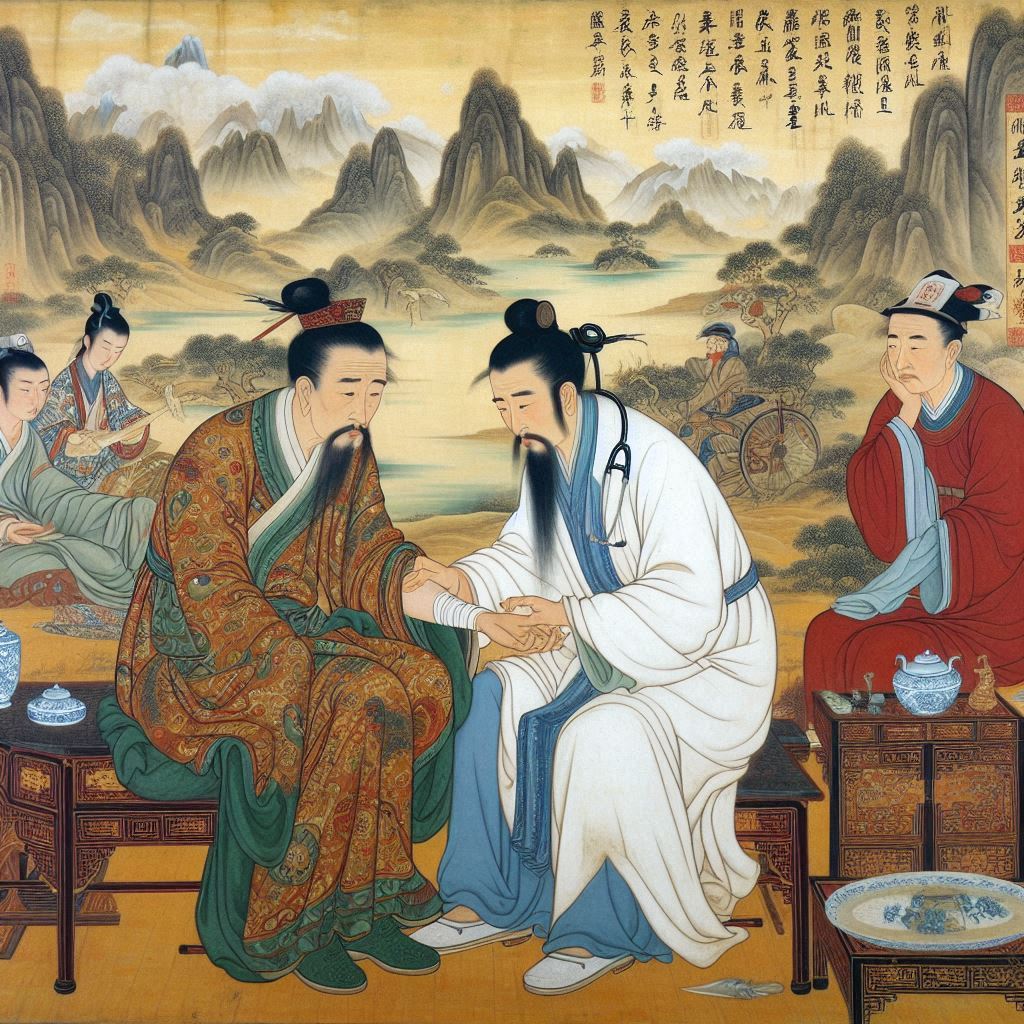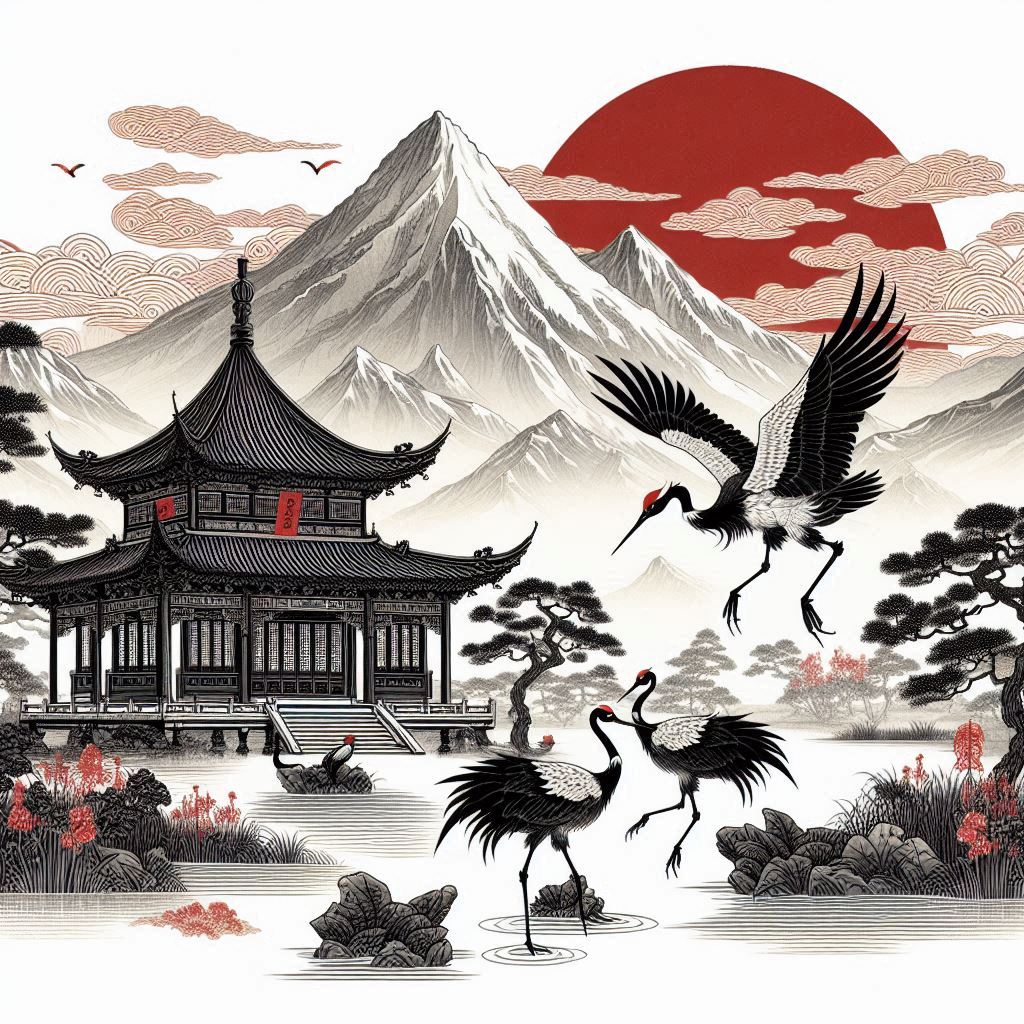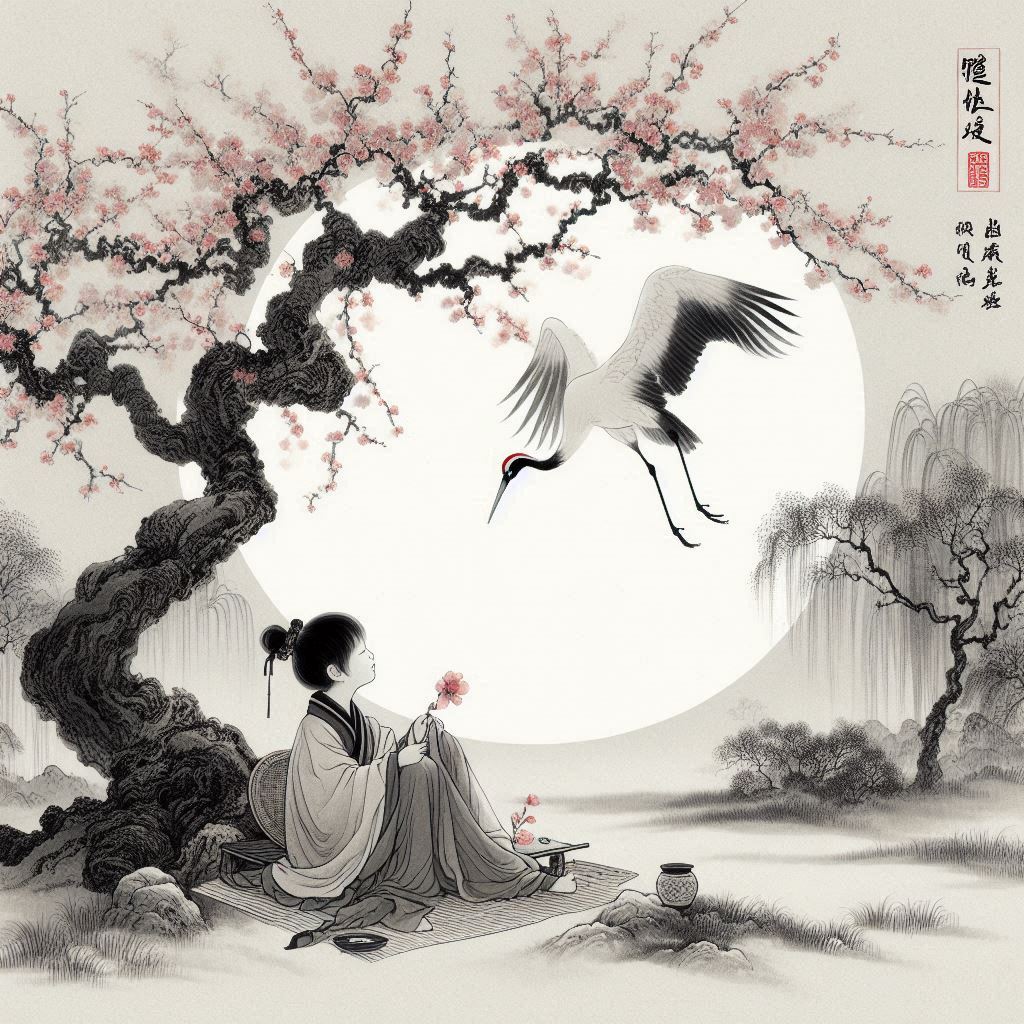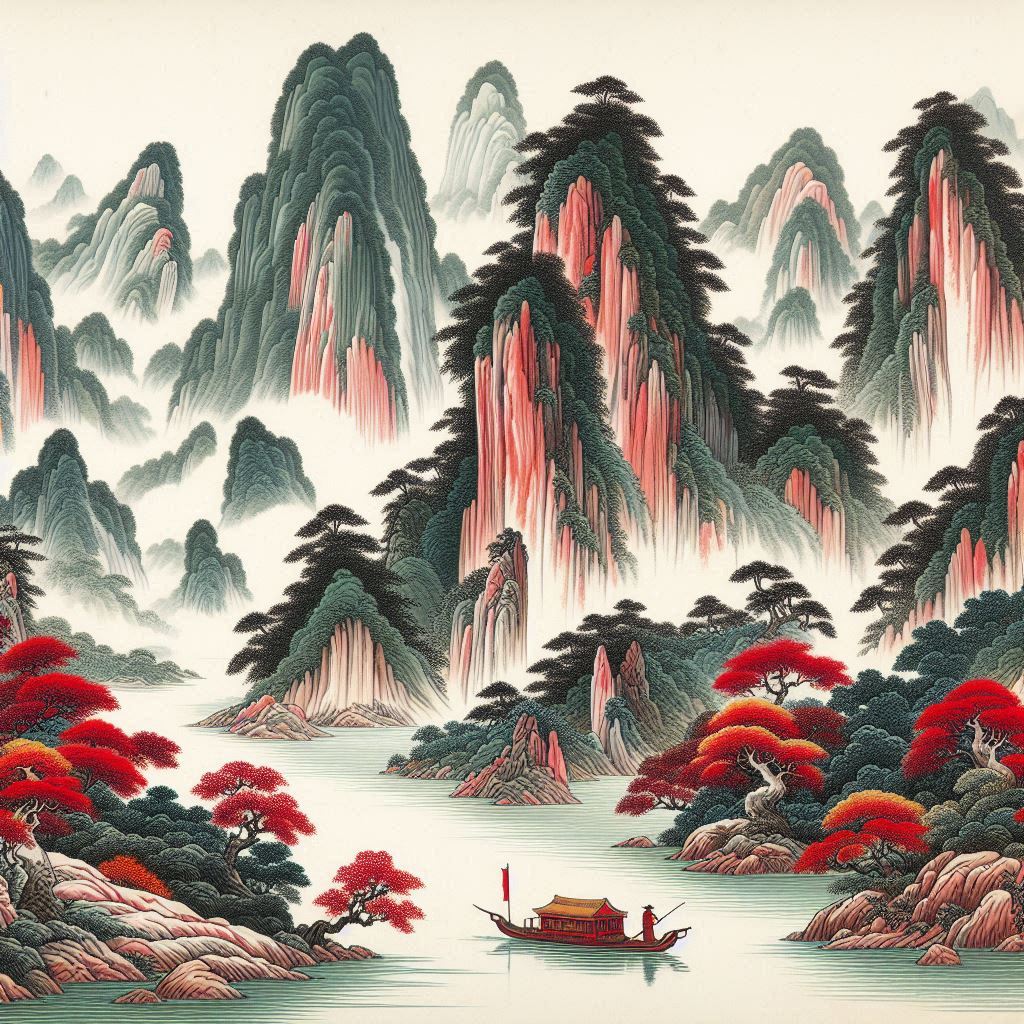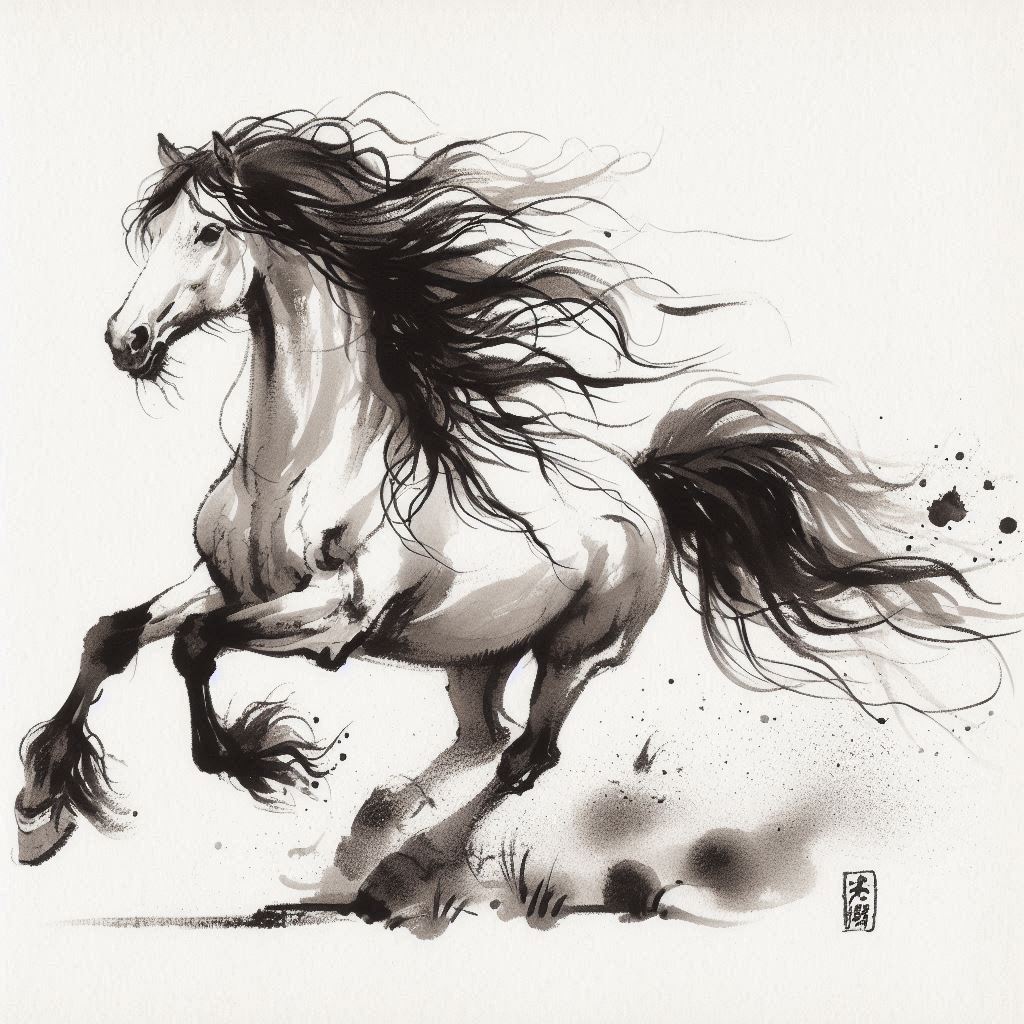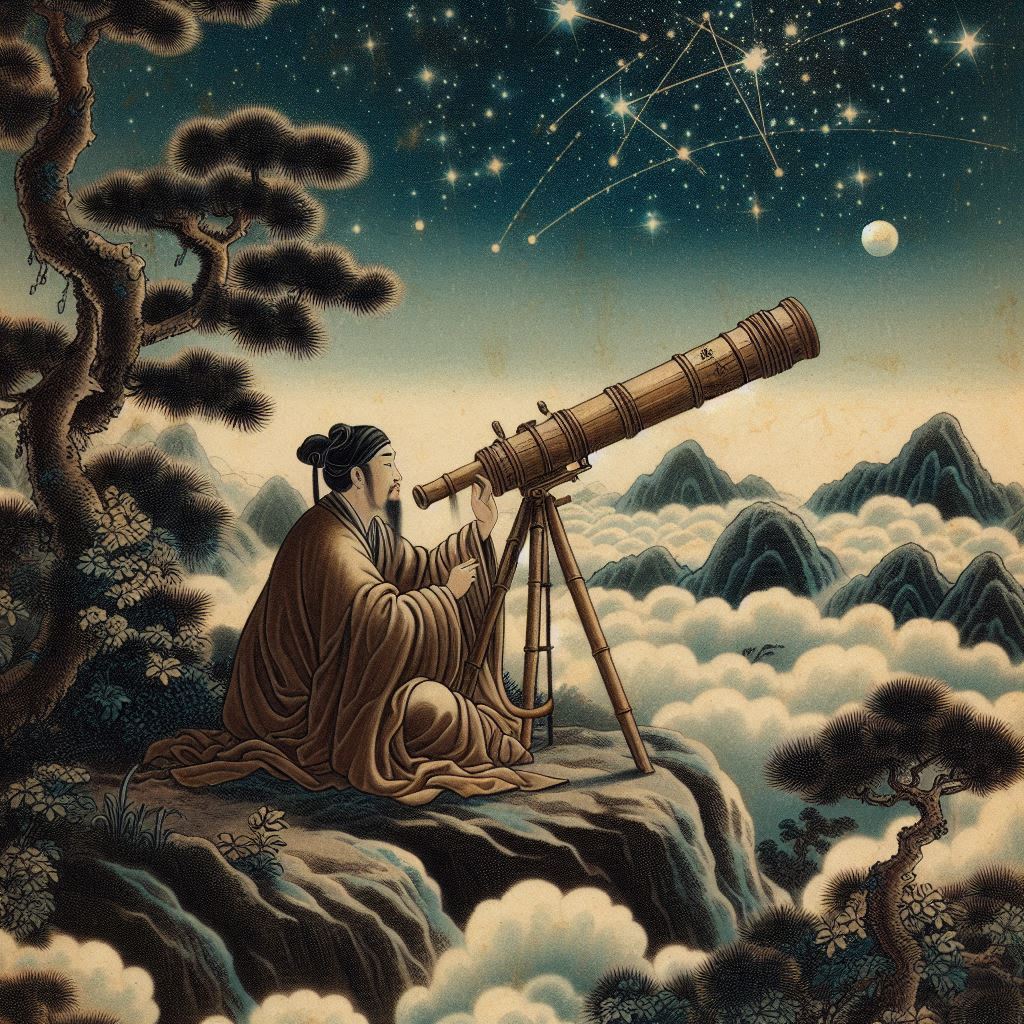Cause
- old age
- excessive sexual activity
Note: To understand the term "Qi", thus to get a better grasp of the following disharmony, we encourage our readers to review the short material "What is Qi" in the Vitality chapter.
In traditional Chinese medicine the Kidneys govern both the urinary and the reproductive systems(1)(2). Thus Kidney Qi controls the urinary and reproductive fluids such as urine, semen in men, and vaginal secretion in women.
The Qi of the Kidneys may become deficient for two reasons. One is old age(1)(3), when Kidney Qi together with Kidney Yin, Kidney Yang and Kidney Essence naturally deplete. Another cause for Kidney Qi deficiency is excessive sexual activity(2)(3).
If you want to learn more about the Kidneys and their functions from the perspective of traditional Chinese medicine you can read the material "The Kidneys in Traditional Chinese Medicine" in the Physiology chapter.
Symptoms
- frequent urination
- dribbling after urination
- nocturnal urination
- incontinence
- enuresis
- premature ejaculation in men
- nocturnal emission in men
- spermatorrhea in men
- chronic vaginal discharge in women
- prolapse of the uterus in women
As Kidney Qi is responsible for controlling urinary and reproductive fluids, a deficient Kidney Qi will manifest in “urinary and reproductive leakage”. Such is frequent urination or dribbling after urination(1)(2)(3), urination at night(2)(3), incontinence(1)(2)(3), and enuresis(1)(2). In men there is premature ejaculation(1)(2)(3), nocturnal emission(2)(3), spermatorrhoea(1)(2). In women there might be chronic vaginal discharge(1)(2), prolapse of the uterus(2) and in severe cases habitual miscarriage(3).
Treatment Approaches
To unlock the rest of this article select "Yes, I want to learn!" below.
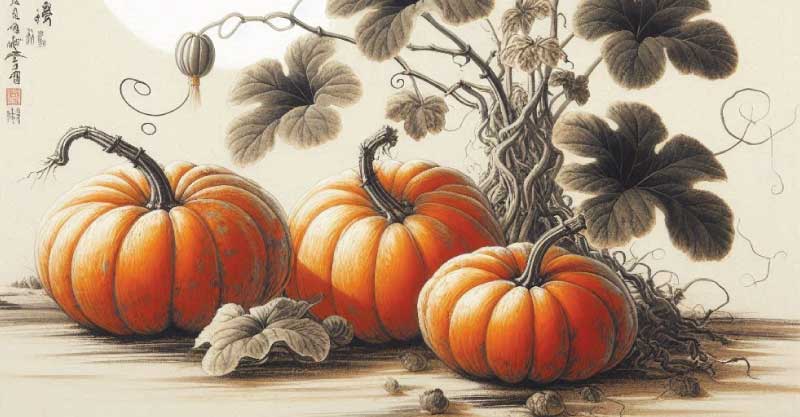
Food therapy is the most economical and non-toxic biochemical approach to health and disease. Food is something we continuously use to sustain our lives. Learning what foods are healing (and what disruptive) for each condition has the potential to convert every meal into a form of therapy.
YS
(1) Deng Liangye, Gan Yijun, He Shuhui, Ji Xiaoping, Li Yang, Wang Rufen, Wang Wenjing, Wang Xuetai, Xu Hengze, Xue Xuiling, Yuan Jiuling (1987). Chinese Acupuncture and Moxibustion. China: Foreign Languages Press
(2) Maciocia, Giovanni (1989). The Foundations of Chinese Medicine. Edinburgh: Harcourt Publishers Limited
(3) Yang Weiyi, Meng Fanyi, Jiang Yuanan(2002). Diagnostics of Traditional Chinese Medicine. Beijing: Beijing University of Chinese Medicine and Pharmacology
(4) Pitchford, Paul (2002). Healing with Whole Foods. Berkeley: North Atlantic Books
Related Articles:
The Kidney, season winter, and foods that benefit the Kidney during winter
Herbs that tonify Qi and benefit Kidney Qi deficiency
Herbs that tonify Yang and benefit Kidney Yang deficiency
Herbs that tonify Yin and benefit Kidney Yin deficiency
Please read our Disclaimer

